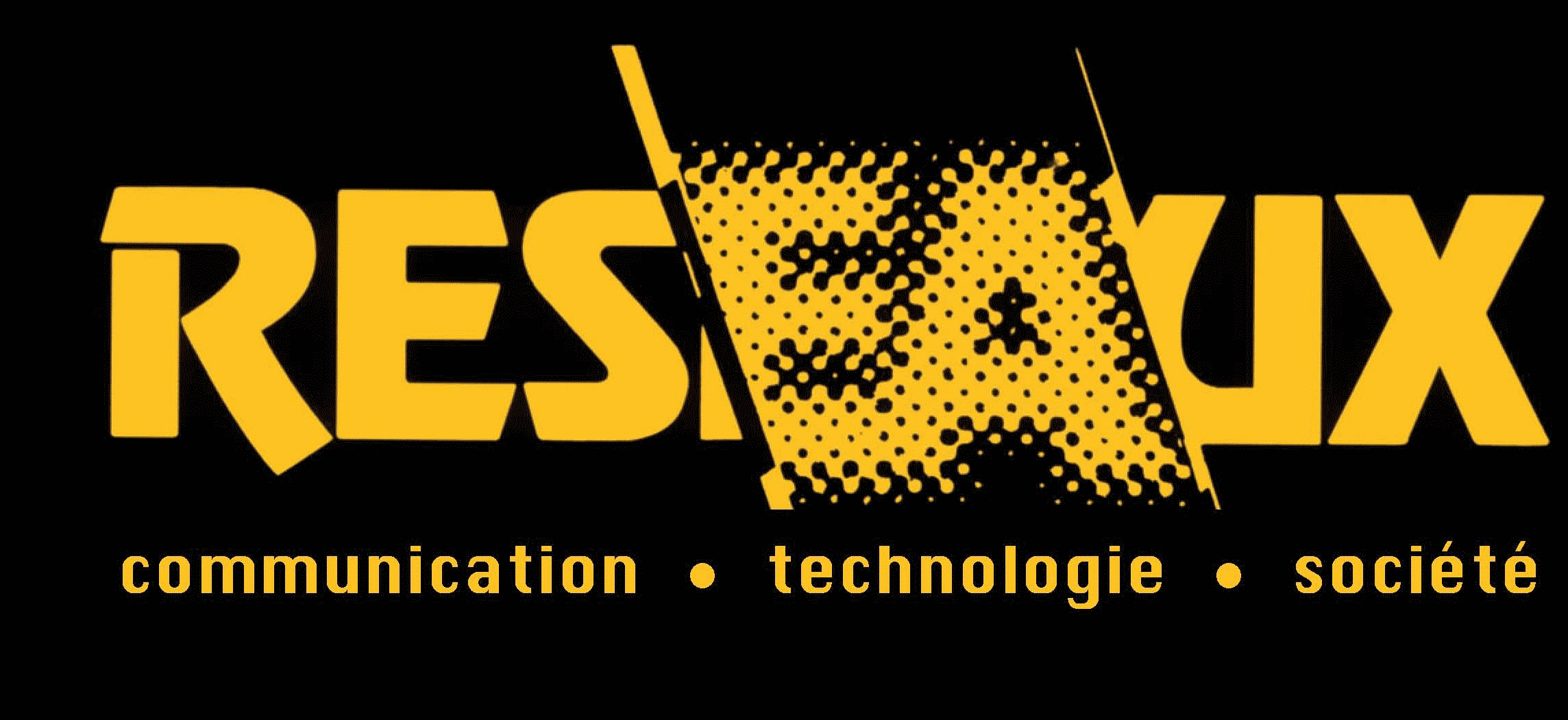Whose eyes are the cameras?
The growth of video surveillance in urban public spaces has led to the development of a new professional category: video-surveillance operators. Although they are not police officers, they play an auxiliary role to the police in the search for flagrant offences and in assisting with investigative work. Until now, little research has been carried out on them as a component of local systems for the production of order. Based on an ethnographic survey conducted between 2019 and 2021 in three major French cities, this article looks at the relationships that video-surveillance operators have with municipal and national police officers. We show that these relationships vary from one area to another, depending on three factors: the spatial and organizational links between video-surveillance and the municipal police; the organizational characteristics of the municipal police; and the logics of professional classification between these players. The article thus shows the importance of analytically resituating video surveillance in pluralized systems of order production and in territories characterized by diverse modalities of coordination and competition between actors.
